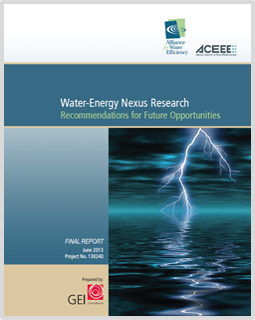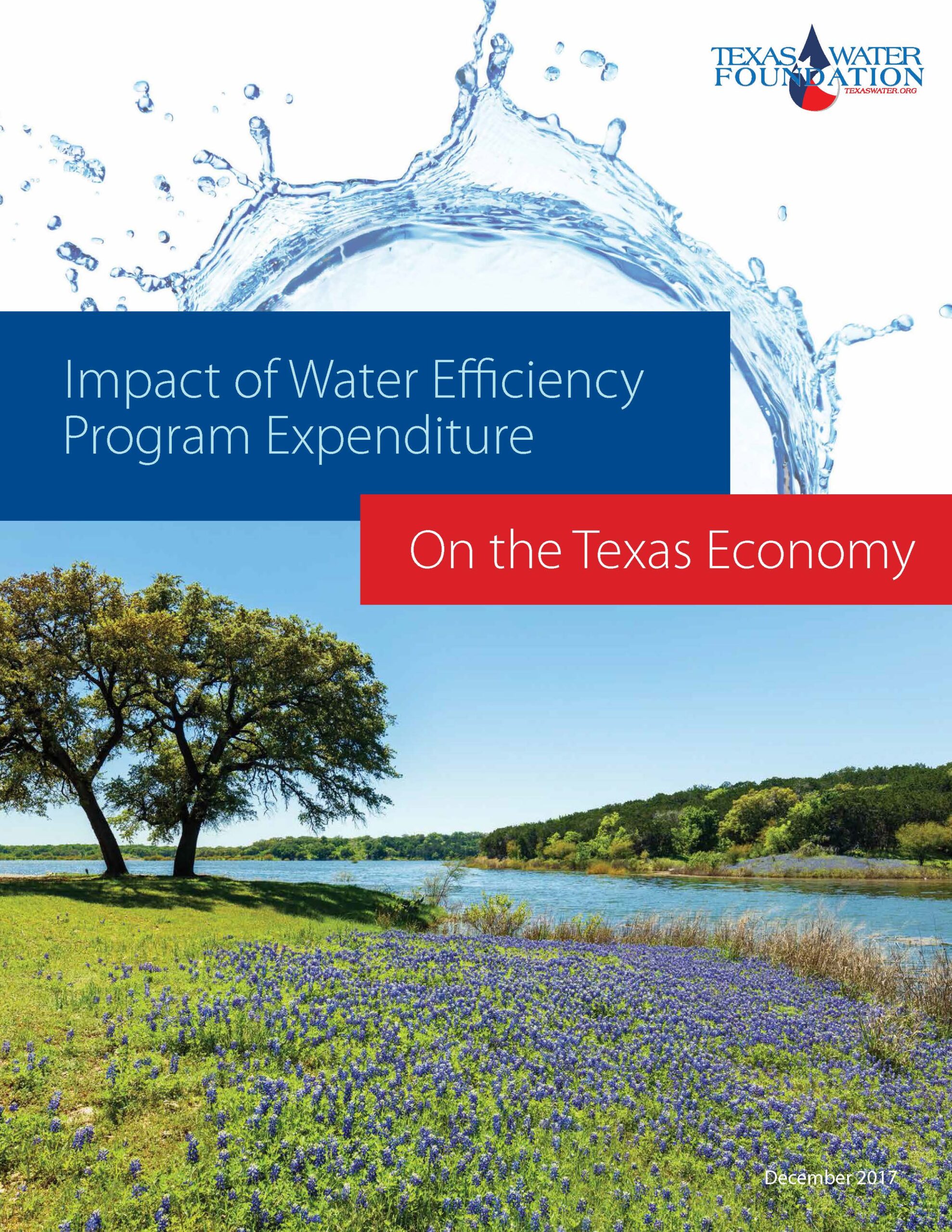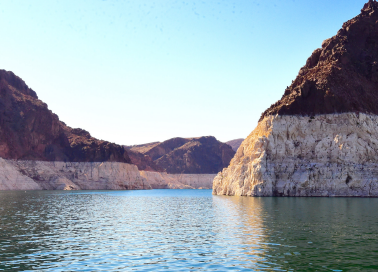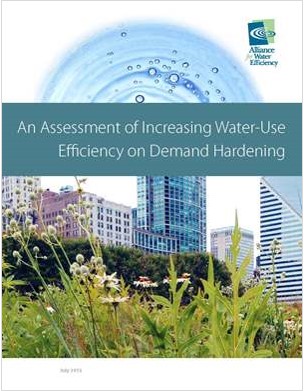As the nation’s administration carves a path to combat the effects of climate change through more sustainable resource management, a report released today reveals gaps in the understanding of the relationship between water and energy. The Alliance for Water Efficiency (AWE) and its partner the American Council for an Energy-Efficient Economy ![]() have released a report, Water-Energy Nexus Research: Recommendations for Future Opportunities which assesses existing research on this nexus and identifies priority research areas for investments to enhance integrated resource management and support overall efficiencies.
have released a report, Water-Energy Nexus Research: Recommendations for Future Opportunities which assesses existing research on this nexus and identifies priority research areas for investments to enhance integrated resource management and support overall efficiencies.
This investigation, conducted by GEI Consultants, Inc., ![]() seeks to inform governmental officials and researchers about research related to the relationship and trade-offs between water and energy resources in the United States and where further efforts can aid in advancing sustainable practices.
seeks to inform governmental officials and researchers about research related to the relationship and trade-offs between water and energy resources in the United States and where further efforts can aid in advancing sustainable practices.
The report identifies specific recommendations for research which will accelerate collaboration and integrated approaches to managing water and energy resources. Several key recommendations include:
- Collect embedded energy in water data to determine the impact nationally of energy use in the water sector.
- Conduct detailed audits of embedded energy demands for an entire water and wastewater system to help determine opportunities for system optimization.
- Identify and eliminate regulatory barriers to co-implementation of energy and water efficiency programs.
- Develop water and energy industry accepted evaluation, measurement and verification protocols for efficiency programs.
- Assess potential impacts to water supplies and quality from energy resource development, such as hydraulic fracturing and biofuels development, and identify solutions to mitigate these impacts.
Other areas where research is needed include landscape irrigation, rate structures and financing mechanisms that support efficiency, and supply chain and product embedded water-energy evaluations.






